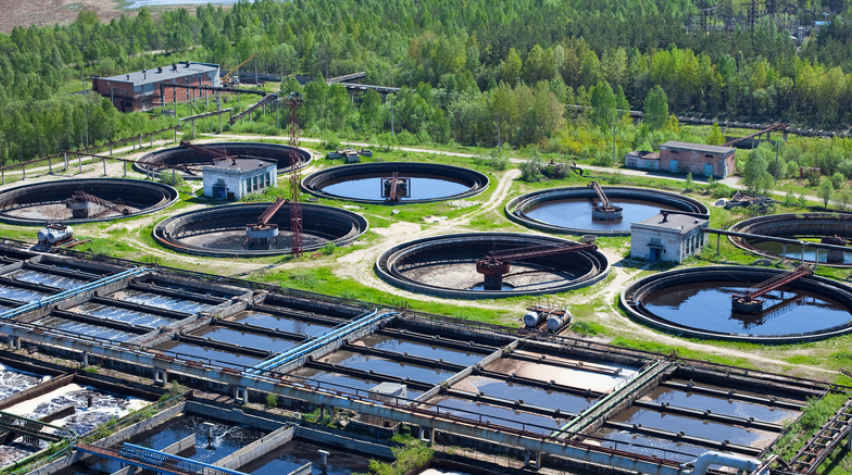
According to a new research, triclosan, a product many of us come into contact with multiple times a day, is having a detrimental effect on the environmental. The product, invented in the 1960s to stop or slow the growth of bacteria, fungi, and mildew in the operating room, is now found in about half of liquid soaps, and is frequently used in toothpastes, deodorants, costmetics, detergents and other common products. When the chemical enters the water system, its efficiency works against naturally occurring bacteria, upsetting the ecosystem. Emma Rosi-Marshall, one of the paper's authors and an aquatic ecologist at the Cary Institute of Ecosystem Studies in Millbrook, New York, explained in a press release from the Institute, "Not only does it disrupt aquatic life by changing native bacterial communities, but it's linked to the rise of resistant bacteria that could diminish the usefulness of important antibiotics." With colleagues from Loyola University and the Illinois Sustainable Technology Center, Rosi-Marshall explored how bacteria living in stream and river sediments responded to triclosan in both natural and controlled settings. Field studies were conducted at three sites in the Chicago metropolitan region.
Certain types of sewage systems implicated
Urbanization was correlated with a rise in both triclosan concentrations in sediments and the proportion of bottom-dwelling bacteria resistant to triclosan. A woodland creek had the lowest levels of triclosan-resistant bacteria, while a site in the study that was downstream of 25 combined sewer overflows had the highest levels. Combined sewers deliver domestic sewage, industrial wastewater, and storm water to a regional treatment plant using a single pipe. Overflows occur when a pipe's capacity is exceeded, typically due to excessive runoff from high rainfall or snowmelt events. The result: untreated sewage flows directly into rivers and streams. Nearly 800 cities in the United States rely on combined sewer overflows, with the Environmental Protection Agency citing them as a major water pollution concern. You can read the full paper in the journal Environmental Science and Technology. To read the full press release about the study, click here.



Comments
I just don't understand how people get so crazy with this antibacterial stuff. It isn't just the US, we have been many places in Asia and the TV is full of ads showing the latest soap, gel, foam, or wipe to "save your children" from any calamity that might befall them. Because every surface in or out of your house is crawling with superbugs. These things start selling on fear and then they get into every product and then you don't even have a choice. If you are in a household with an impaired or weak immune system, then maybe some of these are needed. But if want to buy a tissue, wipe, or toothpaste that doesn't have these chemicals you have to do serious searching. This overuse of trace, persistent chemicals (medications are causing issues too) is one of the next big water challenges as these start to build up and effect ecosystems and our drinking water.
Great comment Robert, it crosses so many complex issues! Unfortunately ChE's don't get exposed to ideas like green chemistry in a rigorous fashion. ChE's are ushered in to 'producing' with the BS degree and might not become aware of serious large scale social issues you highlight until later in their career, or if they happen to be a part of a program that has a focus on specialized issues such as water treatment, policy, or mixed social studies. This is a great green chemistry reference for those interested in the topic of health care products that have environmental fates and subsequent impacts: Khetan, Sushil K., and Terrence J. Collins. "Human pharmaceuticals in the aquatic environment: a challenge to green chemistry." Chemical reviews 107.6 (2007): 2319-2364. Some conversations I have had with science leadership suggests it will be literally generations before we see capability that allows for cross disciplinary action to address topics like this.